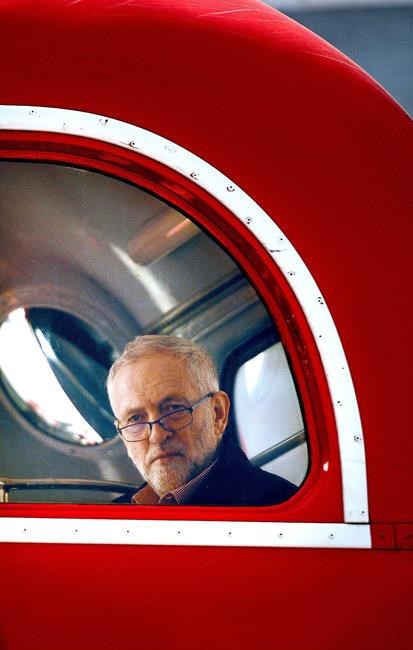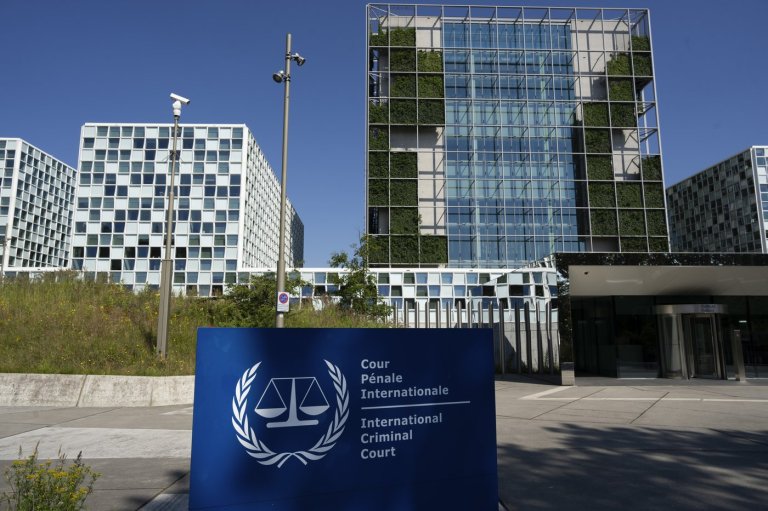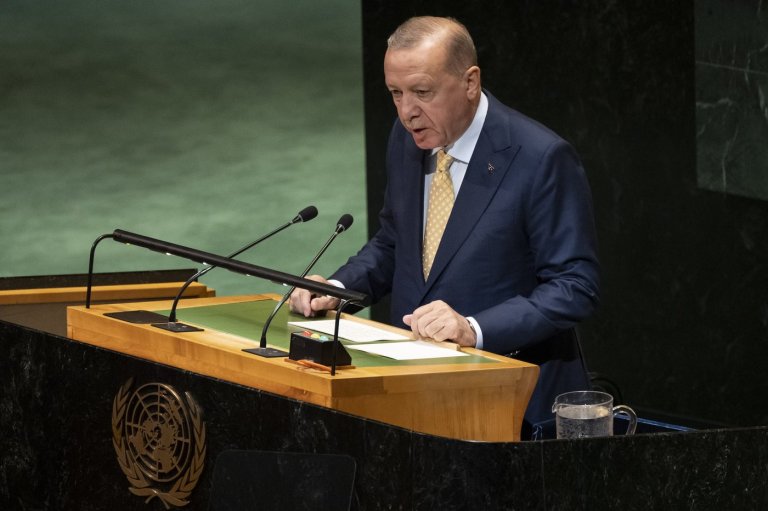
UK Labour Party suspends councillors in anti-Semitism dispute
LONDON – The anti-Semitism dispute bedeviling Britain’s Labour Party ahead of an election Thursday has continued with the suspension of three city councillors.
The party said Monday that Nottingham City councillor Ilyas Aziz has been suspended pending an investigation. Salim Mulla, a Blackburn with Darwen city councillor, was suspended hours later.
Burnley councillor Shah Hussain was then suspended for telling an Israeli soccer player on Twitter that Israel was treating Palestinians the way Hitler treated the Jews. He told Britain’s Press Association he would fight the suspension, suggesting that Jews who found his comment offensive should consider “what the rest of the world thinks” about Israel’s treatment of Palestinians.
The moves follow the suspension last week of two other Labour figures, including former London Mayor Ken Livingstone, who was on the Labour party’s executive council.
Aziz had suggested on Facebook that it might have been wiser to create Israel in the U.S., and that Israel could be relocated “even now.” Mulla was reported to have posted derogatory comments about Zionist Jews.
Party leader Jeremy Corbyn has launched an independent review of anti-Semitism and racism within its ranks.
The party’s London mayoral candidate, Sadiq Khan, says the controversy may damage his hopes in Thursday’s election.
___
This version corrects the spelling of one Labour lawmaker’s name to Aziz.
Join the Conversation!
Want to share your thoughts, add context, or connect with others in your community?
You must be logged in to post a comment.

















